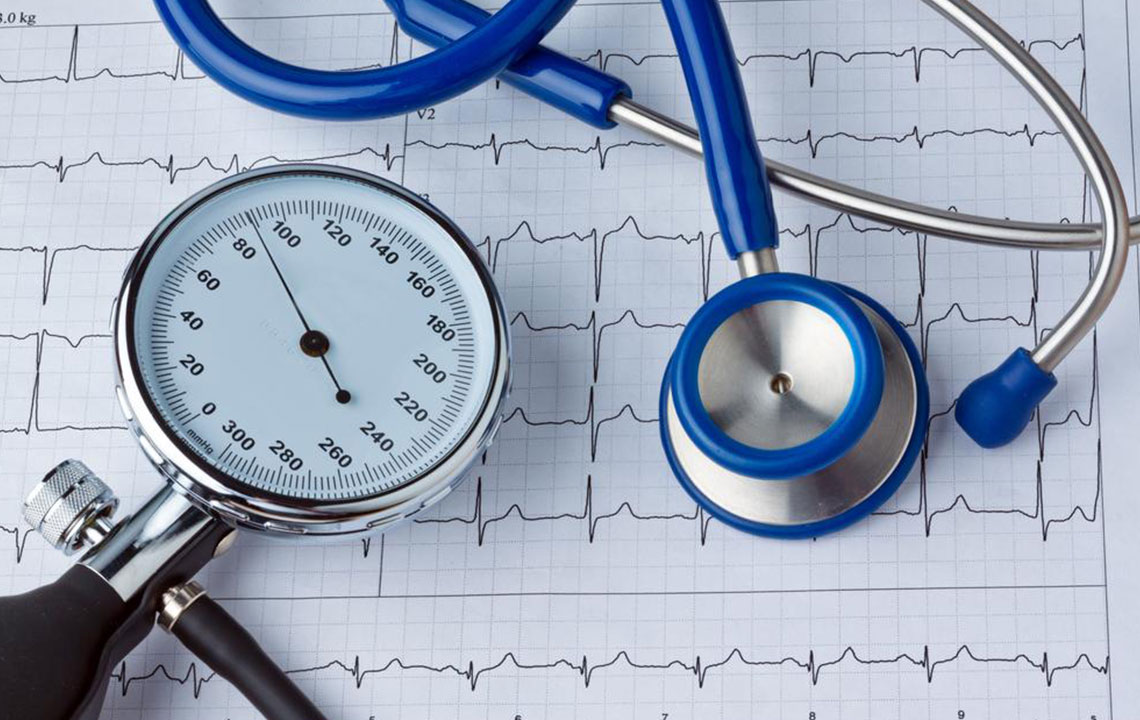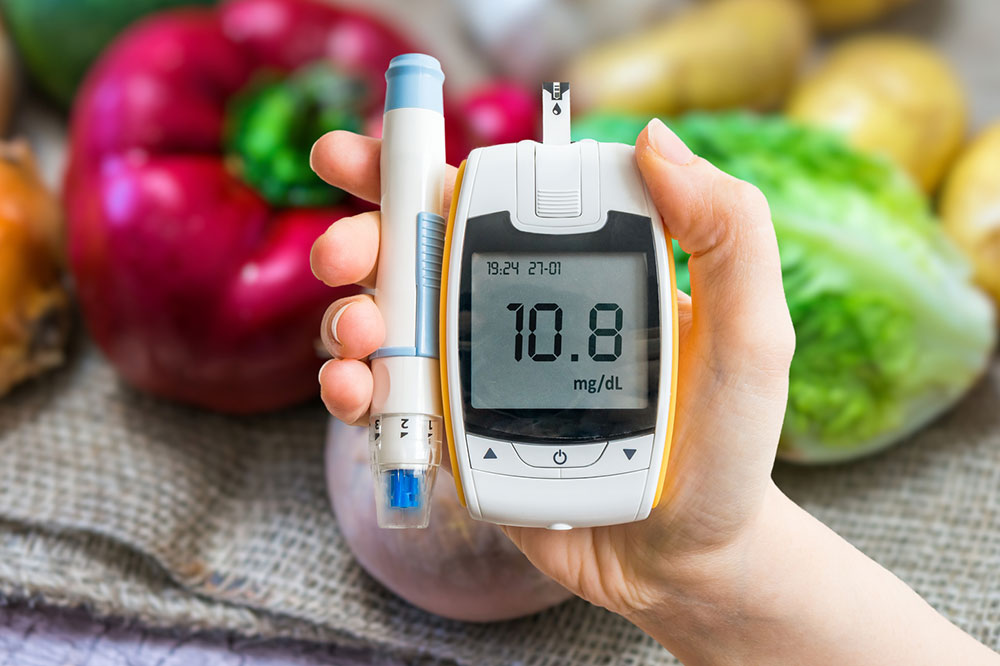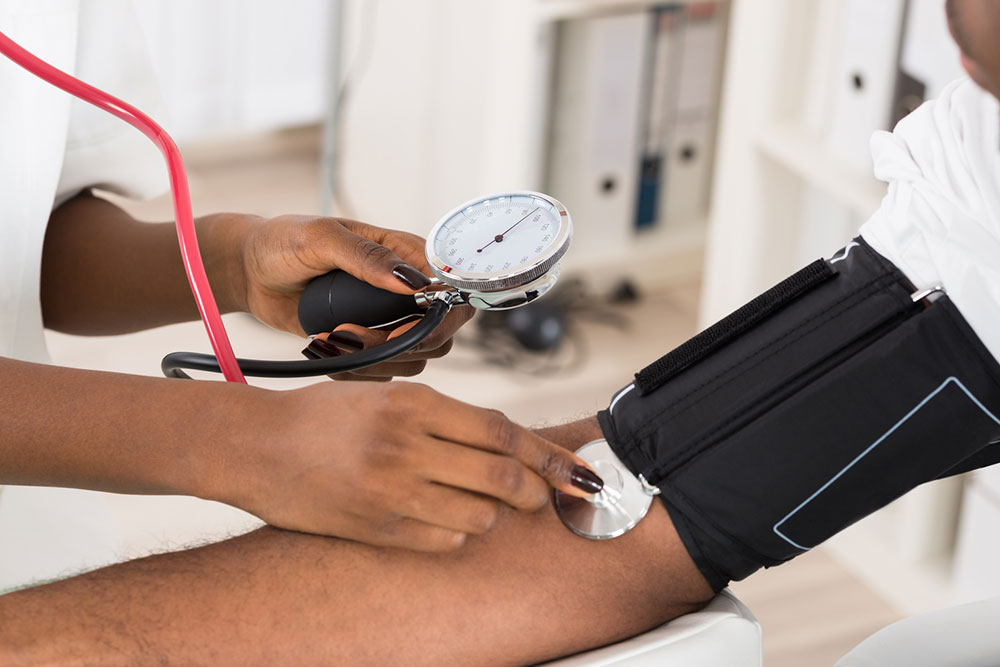Comprehensive Guide to High Blood Pressure: Recognizing Symptoms and Effective Management
Exploring high blood pressure comprehensively, this article covers symptoms, risk factors, potential complications, and management strategies. It emphasizes the importance of regular monitoring, early detection, and lifestyle changes to prevent severe health issues like stroke and heart disease. Learn how to identify warning signs and when to seek urgent medical care for hypertensive emergencies, safeguarding your overall well-being through informed health decisions.

A Complete Overview of High Blood Pressure: Symptoms, Risks, and Management Strategies
High blood pressure, medically known as hypertension, is a prevalent health condition that silently impacts millions worldwide. Often dubbed the "silent killer," hypertension can cause severe long-term health complications if left undiagnosed or untreated. Despite its serious implications, many individuals remain unaware of their condition because hypertension rarely presents obvious symptoms until critical organ damage occurs. This comprehensive guide aims to shed light on the symptoms, risk factors, potential complications, and effective management strategies for high blood pressure, emphasizing the importance of regular monitoring and proactive treatment.
Recent epidemiological data indicate a rising trend in the number of individuals with undiagnosed hypertension, highlighting a significant public health concern. Uncontrolled high blood pressure can lead to irreversible damage to vital organs such as the heart, kidneys, eyes, and brain, substantially increasing the risk of life-threatening events like stroke and heart attack. To mitigate these risks, medical experts recommend routine blood pressure measurements—at least twice a year for those with risk factors and once every five years for the general population. Close monitoring, especially among those with familial history or lifestyle risk factors, is crucial for early intervention and prevention.
Understanding Symptoms and When to Seek Immediate Medical Attention
Many people with hypertension do not experience specific symptoms; hence, it remains undetected for years. However, some individuals may notice vague signs such as frequent nosebleeds, persistent headaches, or breathlessness, though these are not exclusive indicators. Critical warning signs often surface only when high blood pressure escalates to a dangerous level or causes organ damage. Symptoms like chest pain, severe headaches, blurred vision, chest tightness, dizziness, and irregular heartbeat are red flags that require prompt medical evaluation. Recognizing these signs early can be lifesaving and prevent catastrophic health outcomes.
Key Risk Factors That Contribute to High Blood Pressure
Prolonged stress and mental strain
Tabacco use and smoking habits
Excessive alcohol consumption
High salt or sodium intake through diet
Genetic predisposition and family history
Inactive lifestyle and sedentary habits
Obesity or overweight conditions
Recognizing the Severity of Malignant Hypertension
Severe chest pain
Symptoms like seizures or convulsions
Difficulty breathing or shortness of breath
Swelling in limbs or face (edema)
Persistent headache or vision changes
Malignant hypertension is an acute, life-threatening form that often occurs when high blood pressure is uncontrolled for an extended period. It can cause sudden organ damage involving the brain, heart, kidneys, and eyes. Immediate medical treatment, usually involving intense IV medications, is essential to rapidly reduce dangerously high blood pressure and prevent irreversible damage. Warning signs such as chest pain, seizures, breathing issues, swelling, or severe headaches should never be ignored; emergency care is critical in these situations. Accurate diagnosis involves comprehensive evaluations, including blood tests, eye examinations, and organ function assessments, followed by tailored treatment plans to control hypertension effectively.
Effective management of high blood pressure is vital in preventing long-term health consequences. Regular checkups, adhering to prescribed medications, lifestyle modifications, and ongoing medical supervision are key strategies for maintaining optimal blood pressure levels. Early recognition of symptoms and prompt intervention can significantly reduce the risk of strokes, heart attacks, kidney failure, and other complications. Prioritizing your cardiovascular health through proactive measures ensures a longer, healthier life and improved quality of living.





